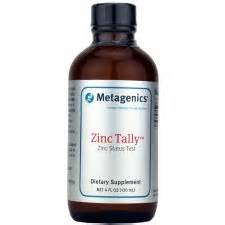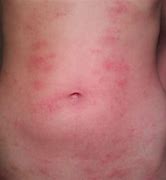Derek Bryce Smith, PhD (1926-2011) a Professor of Biochemistry at the University of Reading developed this test. He was an established authority on zinc and toxicity issues. According to a study published on PubMed the accuracy of the zinc taste test in individual cases ranges between 70 and 100 percent, thus offering a pretty fair idea of zinc deficiency that can be followed up with blood testing if needed.
“Experts say as many as two billion people around the world have diets deficient in zinc – and studies at Oregon State University and elsewhere are raising concerns about the health implications this holds for infectious disease. Immune function, DNA damage and cancer studies have shown that zinc is essential to protecting against oxidative stress and helping DNA repair – meaning that in the face of zinc deficiency, the body’s ability to repair genetic damage may be decreasing even as the amount of damage is going up.” (1)
Symptoms of Zinc Deficiency
Zinc deficiency can result in numerous symptoms including; Allergies, appetite loss, diarrhea, dandruff, dry skin rash, dyslexia, growth retardation, hair loss, loss of taste or smell, menstrual problems, poor night vision, post-partum depression, slow wound healing, tremors and white fingernail spots.
This test is used to evaluate whether your body has sufficient zinc.
Directions for Zinc Taste Test
• Hold 2 tsp. of zinc in your mouth. Note how it tastes. After 30 seconds you can either swallow or spit out the zinc.
• If you have sufficient zinc levels, you will notice an immediate metallic taste.
• If the taste is delayed, mild or absent, you have some level of zinc deficiency.
The four categories of your taste experience:
Highly Deficient: Tasteless, like water.
Borderline Deficiency: Slightly dry, mineral, furry or even a sweet taste develops after a few seconds
Good: Definite taste that intensifies with time.
Optimal: Strong unpleasant taste that is notified immediately.
This is the zinc tally I use to test zinc levels.
What if I’m zinc deficient?
If you’re deficient talk with your practitioner about appropriate supplementation. Repeat the test monthly until you achieve sufficient zinc levels.
Consider having a complete evaluation of your vitamin and mineral status, as well as heavy metal toxicity analysis.
References
1. http://www.sciencedaily.com/releases/2009/09/090917115700.htm
http://www.theguardian.com/theguardian/2011/jul/19/derek-bryce-smith-obituary








